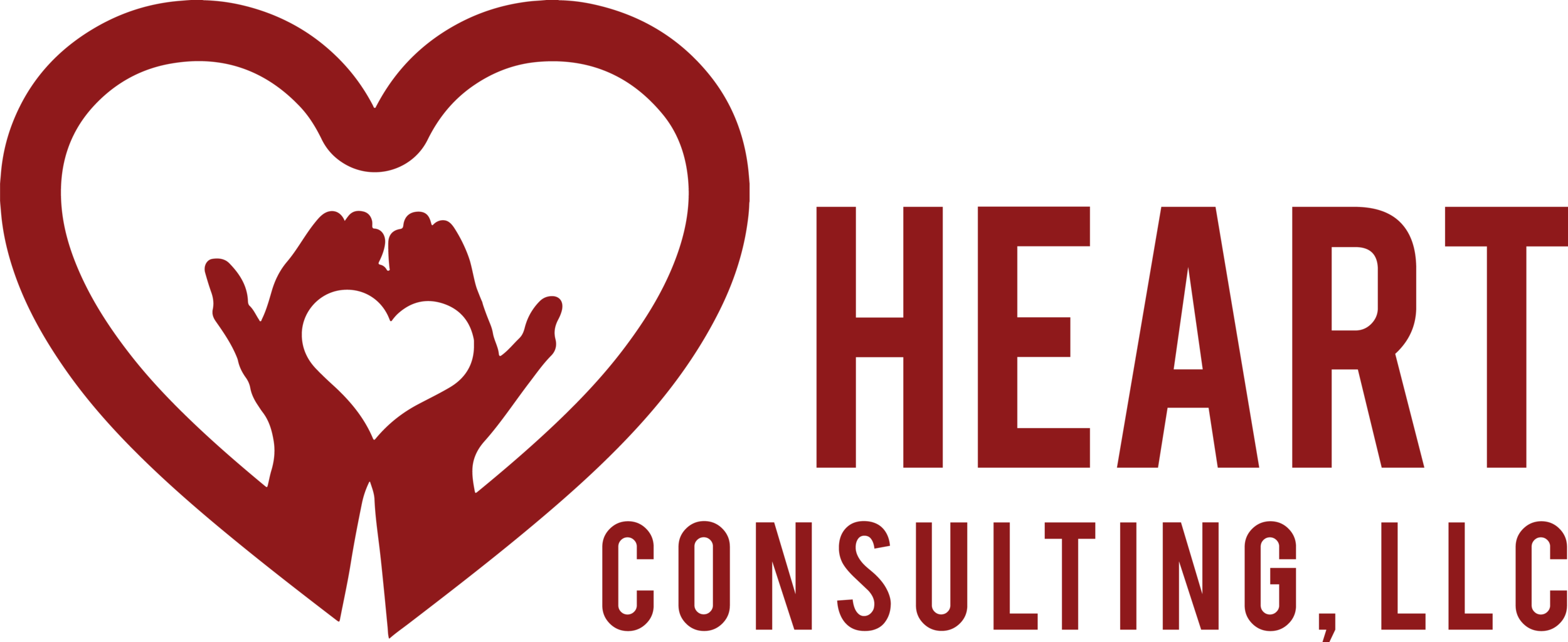What's Wrong with Being Confident?
Having confidence and self-value is so key to so many different types of relationships. Why? Because if you can't love yourself, you are more likely to spend your time with people who don't treat you with the respect that you deserve. Respect that you (wrongly) may not believe you deserve. I've seen too many people with disabilities who, after years of being bullied, excluded, and isolated, are not able to see how important and amazing they truly are. This can be dangerous when it comes to getting involved in relationships, whether it's friendships or romantic. Abusers frequently feed on someone's insecurities as a means of manipulation and emotional abuse. It's important to know what you want, don't want, and what you expect from others, and we all need to be able to communicate those boundaries with confidence to make sure our wants and needs are heard and respected. But how do we do that if we can't see our own value?
It took me a long time to get to where I am now (I like to say I have a healthy supply of self-esteem). But it wasn't easy. There have been many times when I've asserted myself, and been called bossy (or worse), ignored, laughed at, and dismissed. It's not just the teenage years when people are bullies and say nasty, hurtful things. Many of us deal with this our entire life, because there are always going to be those people who want to diminish, demean, and take away someone's power. It takes practice in using assertiveness skills to confidently say "No, this is not okay with me". And it takes surrounding ourselves with positive people who lift us up, rather than shoot us down.
When it comes to healthy relationships, having self-confidence and knowing your worth increases safety and well-being, both physical and mental. So how can you help your son, daughter, or client with a disability gain more confidence? Start by looking at what they are being taught in school, or elsewhere. Are they being taught to cooperate, or to comply? Cooperation means working together toward a common goal. Compliance is doing what you are told without question. While it's important to know that if a boss asks you do complete a job task that is within your responsibilities, it's also important to teach that if that same boss asks you to touch him sexually, that you should not "comply" with that. People with disabilities need to be taught teamwork and cooperation skills, alongside assertiveness skills, and know when to use each.
Talk about bullying, both in person and online. Bullying during our school years often goes on to affect our self-confidence in our adult years. Create plans for how to deal with someone who is not treating you with respect, no matter your age.
Take a look at your IEP and team meetings. Are they focused on the person's "weaknesses" and what needs to be changed? I can't even tell you how many team meetings I sat in on as a case manager that were all about what the person was doing wrong. Can you imagine having to attend several meetings a year just to hear the people in your life tell you what you can't do, what you're not good at, and what you need to change about yourself? No way would I attend those meetings. Make sure that you are including the person you are speaking about, phrasing suggestions in constructive ways that are not so focused on the negative, and make sure that strengths and successes are also being discussed. Ask what the person's goals are, beyond just having a job and being safe, because we often forget that there is more to our lives that getting to work on time and having our Activities of Daily Living completed. This empowers people to share their needs and desires and to take control of their own life.
Looking for more resources on having conversations around self-esteem? Check out this list of recommended reading from A Mighty Girl on raising girls to become confident women. While this list is focused on girls/women, many of the skills that build confident in girls will do the same for boys. And, as always, please contact us if you have any questions! We work with people of all ages on building confidence and assertiveness skills.
To close, I have to come back to the title of this blog, to quote Demi Lovato: What's wrong with being confident? The answer is absolutely nothing.
Ellen Merker
Founder, Heart Consulting LLC
